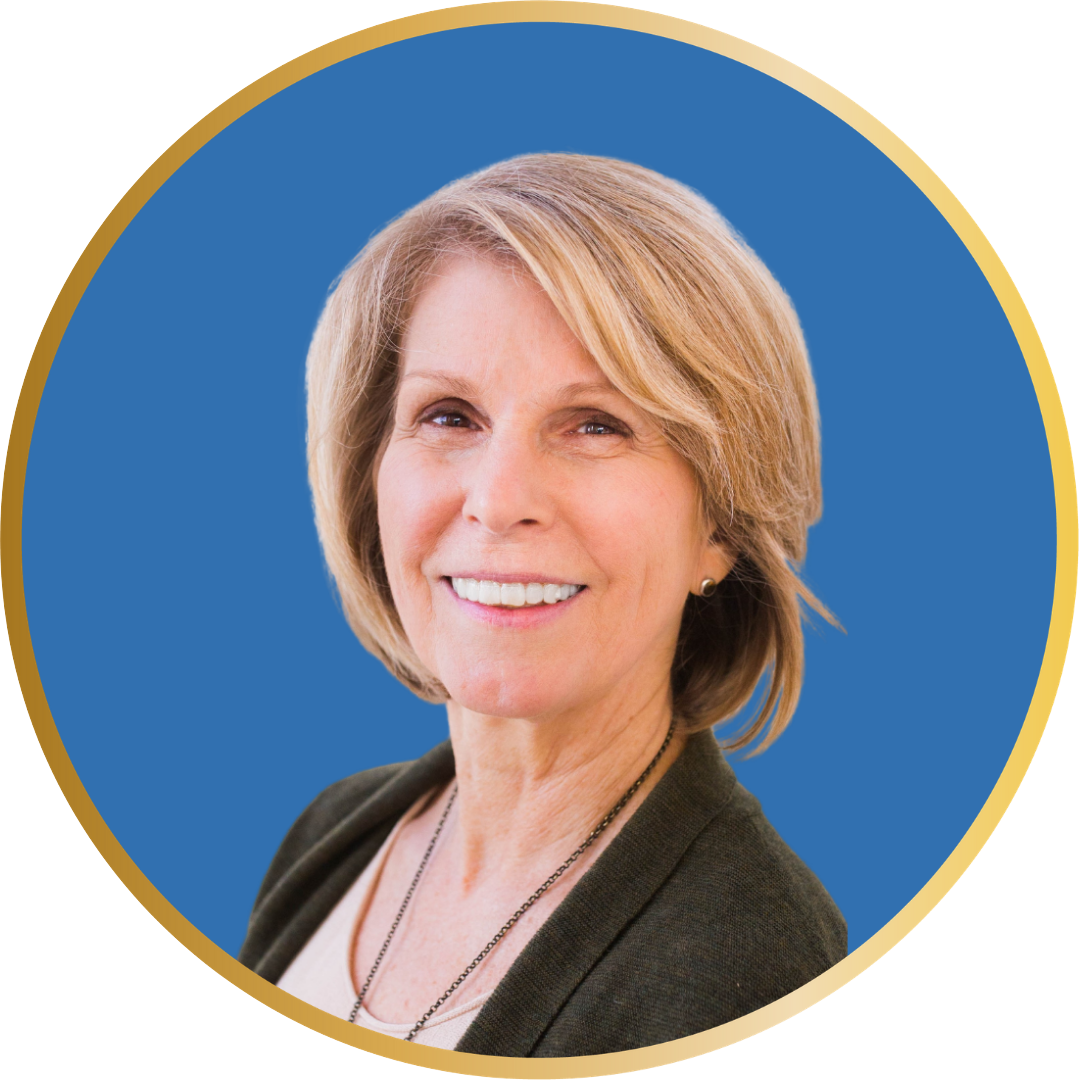Tabitha sees Peacebuilding’s work as absolutely essential to the communities in her neighborhood. We focus on issues of trauma awareness, racial healing, resilience, and restorative justice through a lens that prioritizes concepts such as truth-telling, acknowledging people’s humanity and stories, and repairing harm and meeting needs in a way that creates authentic justice. She believes communities are craving new approaches that facilitate, establish, and maintain community health in a way that focuses on developing and strengthening relationships instead of being expedient. In her opinion, we need a redirection towards authentically meeting needs and putting in the work to create long-term solutions. Resilience, trauma healing, and restorative justice develop deeper muscles and skills to be in relationship with one another in ways that don’t rush. “It’s not a binary track,” Tabitha says, “but the idea of creating an ecosystem of people and tools and systems. It’s not just investing in one system, but investing in the larger vision.” This vision builds community at the speed of trust. This is Peacebuilding.
Tabitha’s vision for her neighborhood includes providing opportunities for people to think deeper about how they can contribute—what they can offer, what skills they have, and what they care about—in a sustainable way. She imagines a community in which it is not just one group of people or one organization, but a collaborating collective that gives part of themselves to create something larger. She wants to develop more pathways for people to do that, including giving people time and resources to contribute to the world in a way that does not take away from their ability to care for themselves or their loved ones.
Furthermore, Tabitha believes in the power of sharing—a simple act of giving something without being sure how the other person will use it. She seeks to meet each person on their path and does not believe that being dismissive or resigning to stay stuck in frustration are acceptable tactics. She says we must not allow our belief systems, indignation, or passion to preclude others in community from being seen and heard in a way that allows them to meet us on this journey. Nor does she believe that the end goal is homogeneity—instead, she believes in adapting and adjusting belief systems to practice deep listening and utilize informed, empathetic approaches towards the creation of genuine solutions that strengthen the whole neighborhood.
We are grateful for the peacebuilding leadership Tabitha shares and practices. We are glad to be on this journey with her, PPNA residents, and other Minneapolitans as together we transform trauma into nonviolent power to repair, restore, and renew Minneapolis peace by peace.
Join us at an upcoming training! Learn more here.




 RSS Feed
RSS Feed